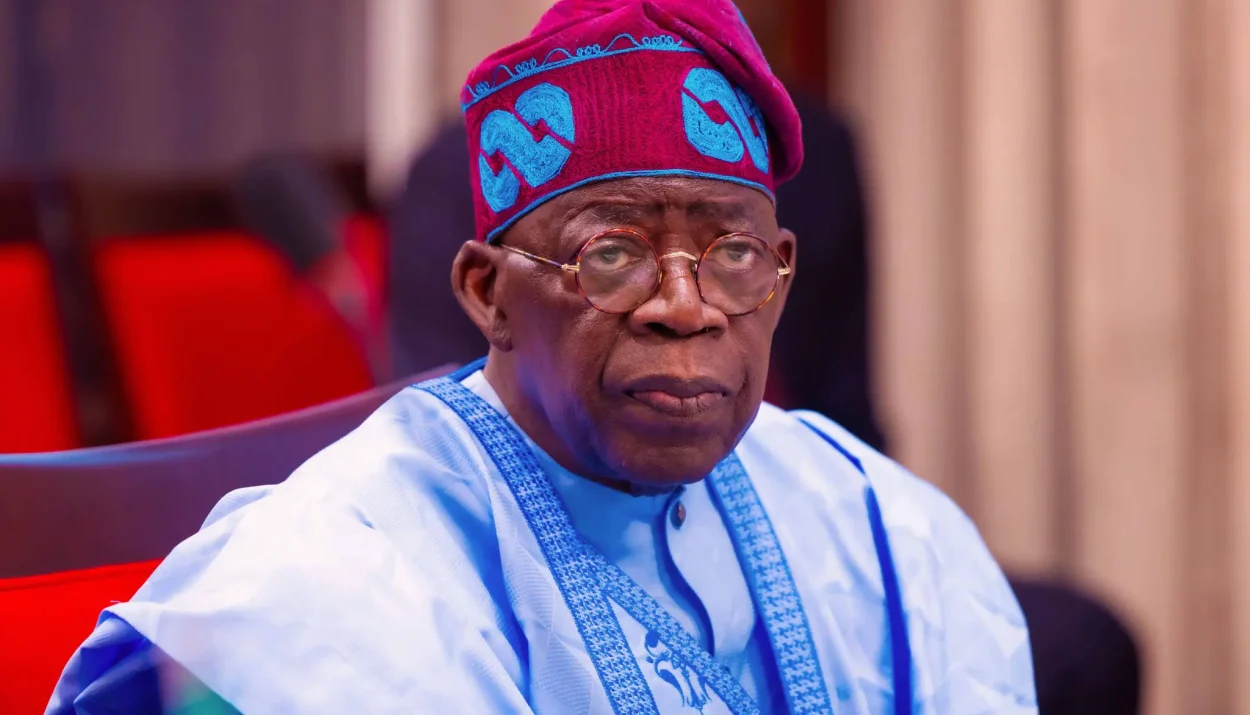Former President Olusegun Obasanjo has expressed grave concerns over Nigeria’s current debt levels, recalling that he left a reserve of about $70 billion when he exited office in 2007. Speaking in an interview with Kayode Akintemi of News Central Television on Thursday, Obasanjo lamented the financial state of the country, questioning how Nigeria’s substantial savings and income from over a decade have seemingly disappeared.
Obasanjo highlighted that upon assuming office in 1999, he inherited a $36 billion debt burden, which he reduced to around $3.5 billion through debt relief negotiations and fiscal reforms. Additionally, he built up a $45 billion reserve alongside an “Excess Crude Account” containing $25 billion, earmarked for budget surpluses derived from conservative oil revenue estimates.
Reflecting on these figures, Obasanjo said, “By the time I left office in 2007, the reserve had reached $45 billion, and the Excess Crude Account contained about $25 billion, totaling approximately $70 billion. Now, between 2007 and 2024, all of that money is gone, and on top of it, Nigeria’s debt has ballooned to levels exceeding what we inherited in 1999.”
The former president criticized the decline in leadership standards, implying that poor governance has contributed to the nation’s current economic woes. He emphasized that fiscal responsibility, debt management, and prudent budgeting had been central to his administration’s economic policy, and he urged today’s leaders to prioritize financial stability and accountability to prevent further economic hardship for Nigerians.
Obasanjo’s remarks have sparked discussions on Nigeria’s economic strategy over the past 15 years, with calls for transparency regarding public funds and a sustainable approach to debt management. His concerns echo the sentiments of many Nigerians troubled by the rising debt burden and the disappearance of funds that could have been directed toward development.






